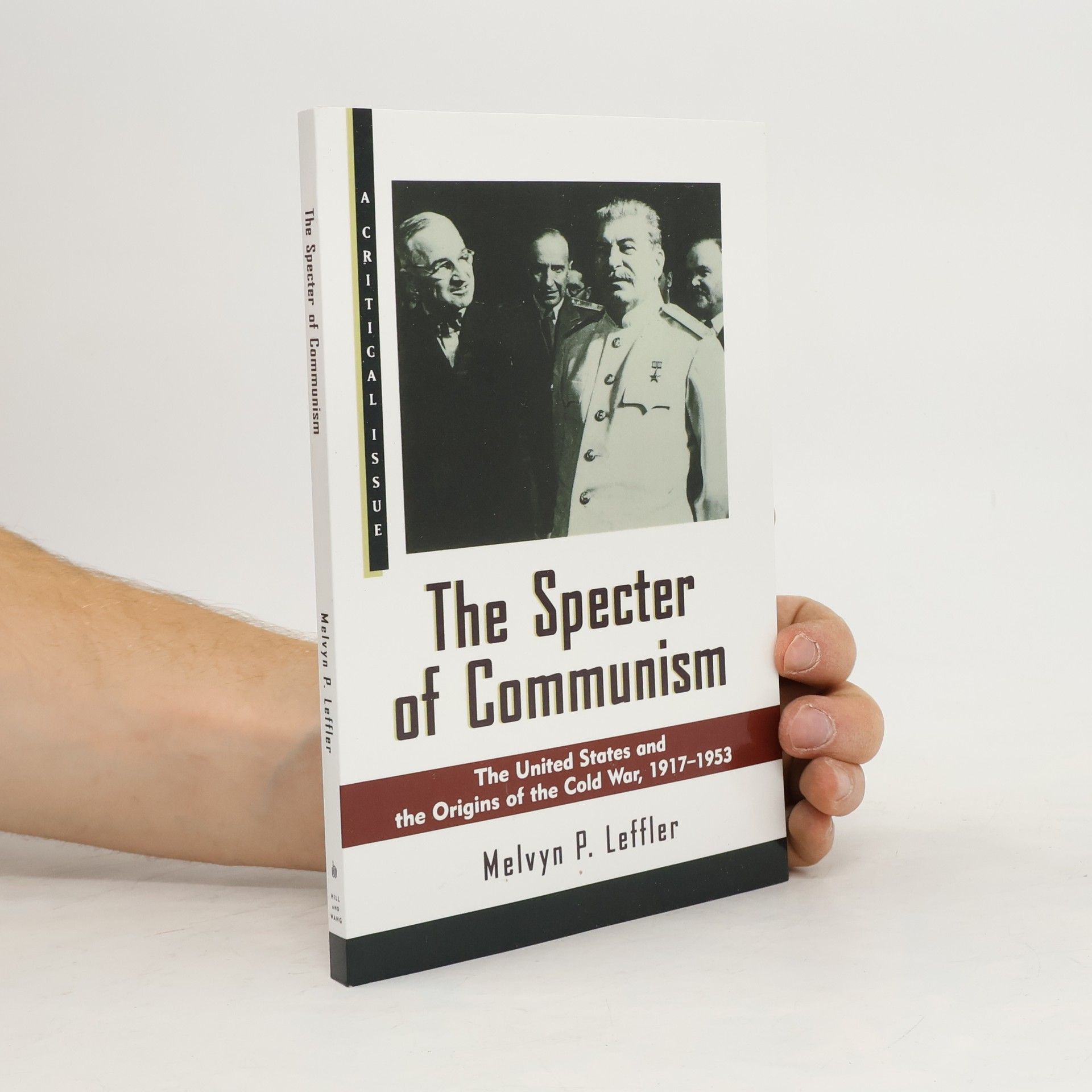An analysis of the struggle between the U.S. and Soviet Union following World War II illuminates how Reagan, Bush, and Gorbachev finally extricated themselves from the policies and mindsets of the Cold War, a task in which their predecessors had failed.
Melvyn P. Leffler Knihy





In Confronting Saddam Hussein, Melvyn P. Leffler, analyzes why the US went to war in Iraq in 2003 and who was most responsible for the decision. Employing a unique set of personal interviews with dozens of top officials and declassified American and British documents, Leffler vividly portrays the emotions and anxieties that shaped the thinking of the president after the shocking events of 9/11. As the book unfolds, the centrality of Bush's role becomes more and more evident. A necessary reassessment of George W. Bush's intervention in Iraq, Confronting Saddam Hussein provides a provocative reinterpretation of the most important international event of the 21st century.
The Hill and Wang Critical Issues Series: concise, affordable works on pivotal topics in American history, society, and politics. The Specter of Communism is a concise history of the origins of the Cold War and the evolution of U.S.-Soviet relations, from the Bolshevik revolution to the death of Stalin. Using not only American documents but also those from newly opened archives in Russia, China, and Eastern Europe, Leffler shows how the ideological animosity that existed from Lenin's seizure of power onward turned into dangerous confrontation. By focusing on American political culture and American anxieties about the Soviet political and economic threat, Leffler suggests new ways of understanding the global struggle staged by the two great powers of the postwar era.
This is the most comprehensive history to date of the Truman Administration's progressive embroilment in the cold war, and it presents a stunning new interpretation of U.S. national security policy during the formative stages of the Soviet-American rivalry. Illustrated with 15 halftones and 10 maps.
To Lead the World
American Strategy After the Bush Doctrine